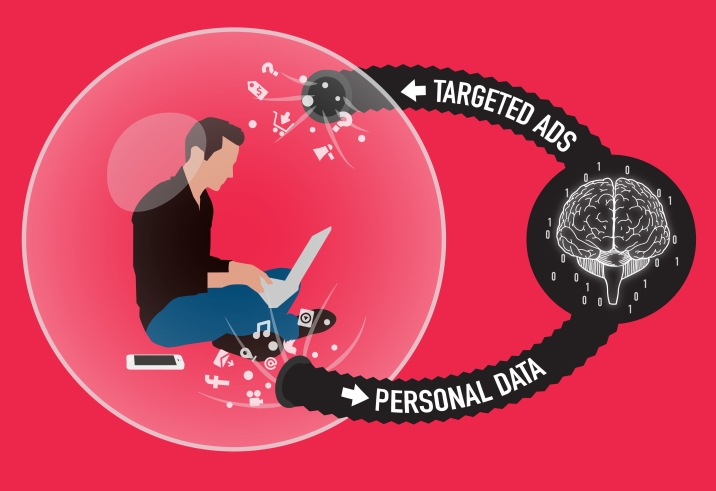
FACT OR FICTION?
Fake news has been defined as “relating to or denoting circumstances in which objective facts are less influential in shaping public opinion than appeals to emotion and personal belief”. Fake news has been brought into the public domain in recent years as accounts backed by Russian trolls were said to interfere in both the recent US and UK elections.
Continue reading →












